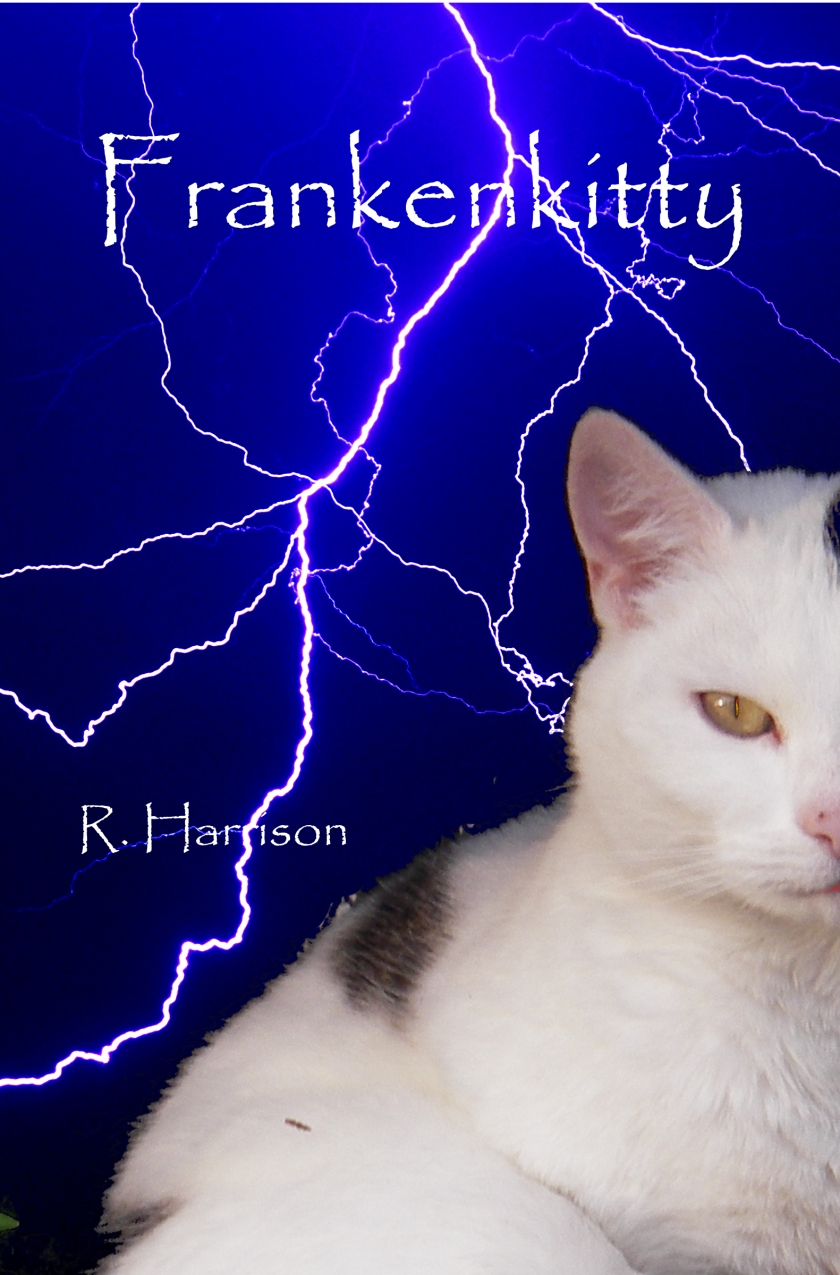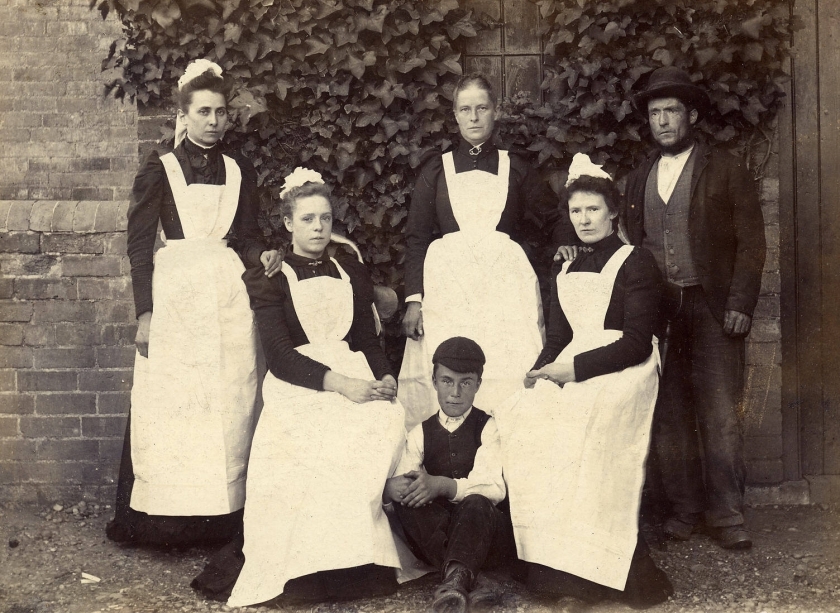A Formulaic Romance
This is the start of another story Amelia and I are putting together. There’s a pun in the title that will become obvious in time.
It starts with the trope, Lady Rachel on her way to London, is stranded in the country by an unfortunate accident. They’ve made their way to the house in the distance, but not without slipping in the muddy lane.
The Master was introduced here. He was somewhat annoyed at the disturbance, but willing to see that his guests were properly entertained. The housekeeper, Mrs Hobbes, leads Rachel and Lucy to their rooms to prepare for dinner The carriage wright makes a cameo apperance in last week’s snippet.
This snippet continues their story the next morning with the arrival of another gentleman at the start of the next chapter.
An Unexpected Visitor and a Proposition.
In keeping with the country hours, she was accustomed to, Lady Hayforth rose early in the morning, and after Lucinda’s ministrations searched for breakfast or at least a nuncheon to tide her over until the mid-day. Eventually she found a parlour, where Lord Hartshorne was restoring his tissues in preparation for a day in his laboratory.
He rose and bowed politely when she entered, “Lady Hayforth, did you sleep well?”
“Exceedingly. Thank you for your hospitality. I don’t know what we would have done had you turned us away. The weather still hasn’t let up.”
“It is wet.”
“Very.”
“Indeed, wet.” Rupert looked away. There seemed little more for him to say. He started to leave.
“That won’t cause you any problems, in your laboratory, I hope?”
His workshop, safer ground for a conversation, he replied, “The rain shouldn’t, but I shall have to be careful. Avoid stray drops of water.”
“Really, why?”
“I told you I was extracting metals from salts last night.”
“You said something like that, although I didn’t understand what you meant.”
“Would you like to understand?”
Rachel studied his expression, he was like a new puppy, all excited and desiring to please. His grin made him almost look handsome. “If you could, but I am sadly ignorant about natural philosophy. It’s not something my parents … approved of. At least not my learning it.”
“That’s awful. At least did they let you learn the classics?”
“No, enough reading for Fordyce’s sermons and the arithmetic to figure out how much my servants were cheating me. They didn’t want to tax my constitution with too much mental work, not even reading novels. You know how it is with females.”
“I don’t. My mother was my father’s most enthusiastic assistant, or maybe he was hers. They published papers in the Royal Society together. Though she used a pen-name.”
“So you approve of educated ladies?” This was a novel idea.
“Very much so. I must attend to my experiments, but tonight, if you’re still here I can tell you about them.”
“I’ll look forward to hearing your explanation. If our carriage isn’t repaired. If it is, will you be in London this season?”
“I have a presentation to make, so I shall. The Royal Academy meeting.” He paused, then strode to a cabinet and pulled out a small jar. The jar, full of oil, held what appeared to be a hard cheesy substance. “Let me whet your appetite with a demonstration. If you’d pour some water in that bowl.”
Rachel poured a small amount of water in a delicate china saucer. Then Rupert used a knife and a spoon to remove a tiny piece of the ‘cheese.’ “This is sodium metal. I made some last month. The oil … Well you’ll see why I keep it under that in a moment.”
He put the lump into the bowl. The mass sputtered for an instant, then burst into flame. After the metal finished burning, the small amount of oil that adhered to the metal burned as it floated on the surface of the water and then went out.
“Natty isn’t it? Have to keep it dry or it burns.”
Rupert’s enthusiasm was catching, or at least Rachel caught it. Not unlike the sodium, her face lit up, although in fairness she didn’t have an orange glow. “That is. I suppose you couldn’t do it again?”
“Let me dry the spoon first.”
Rupert was about to lower the next lump into the water when one of his footmen interrupted him. “Sir?”
“What is it this time?”
“A gentleman has come to see you, your Uncle Bedlington.”
“Tell him to hurry in. He won’t want to miss the spectacle.” He nodded to Rachel, “I hope you don’t mind the delay.”
A minute later, a neatly dressed young man joined them. “Gas old man! More of your black arts?”
Rupert laughed, “Just entertaining my house guest, Lady Hayforth, with a little chemical demonstration. A foretaste of my talk in London.” He dropped the metal into the water. Whether it was a larger lump of sodium, or more pure than the last sample, this time, for some reason, the reaction was more vigorous and with a crack, the saucer shattered.
The man said, after he’d restored his calm, “Wasting your inheritance again, Rupert?”
“Just a saucer, Uncle.”
“Uncle?” Rachel was surprised, “You look younger than Lord Hartshorne.”
“Old Gas? I am by a couple years. His grandfather married again in his dotage, hence yours truly. Caused no end of bad feelings between my father and his. Not to mention his step-grandmother.”
Rupert frowned at his uncle. “George, what brings you here?”
“Not much. I was on the road and thought I’d drop in. This woman, dashed unusual of you.”
“Oh, Lady Hayforth, May I introduce my Uncle George, Lord Bedlington?”
She curtsied, “Enchanted.”
“I say,” George said, “That carriage on the main road. Not yours by chance?”
“It is. Broke down, but fortunately your nephew,” she paused at the thought of might have happened, “took my companion and me in. He even paid the carriage-wright to hurry our repairs.”
“Did he?” George surveyed his nephew. “Interesting. Gas old boy, don’t you like the company? Dashed handsome young thing, you know.”
Rupert gave him a hard stare, his face frozen in an odd expression, “I have my experiments. Lady Hayforth, George, I shall attend to you later.”
Mrs Hobbes knocked at the door, which delayed his departure. “Lady Hayforth? Miss Holloway has been airing the contents of your chest. The rain and muck entered them and she desires your guidance. If you’d follow me.”
Rachel sighed; then curtsied, “I must make my excuses. Undoubtedly I’ll see you later today?”
George bowed, “It will be my pleasure.” Then he watched his nephew, and reminded him, “Take your leave, Gas, like a polite gentleman.”
Rupert bowed to Rachel while she smiled at him in her curtsey. “I should like to hear more about your research tonight, if I may?”
He nodded, reluctantly, “I suppose. Don’t know that you’ll understand it.”
“Then you’ll just have to explain it carefully. I would like to understand it.”
Rachel turned and followed Mrs Hobbes. As she followed her down the corridor, Rachel asked, “How bad is the reckoning?”
“It is more a question of what can be saved. The chest cracked when those clumsy oafs dropped it in the road. We’re hanging what we can on the clothes horse in the kitchen.”
“Dash it. I need that, for the trip to London. I barely have enough of the ready at it is, and that’s with staying at my cousin, Lord Bromley. He’ll put us up in his town-house.”
“Lady Hayforth, if it’s not an impertinence, may I ask you why you are in such a hurry to visit London?”
Rachel stopped midstride, and carefully formed her response. “I have the use of my father’s estate, or maybe the curse of it, until I’m twenty-four. Next year. Then I’m cast adrift. So …”
“You’re trying your hand at the marriage market?”
“It’s either that or the flesh trade, a governess or companion. I don’t want to do that and what would happen to Lu- Miss Halloway, my best friend.”
Mrs Hobbes nodded, and said nothing, but stored the information to discuss with Mr Brindle that evening. After a few moments she said, “Let’s see what can be done with your gowns, Ma’am. I should think not all is lost. If you don’t mind, we’ve hung them on the clothes horse in the kitchen.”
The game is afoot.






















